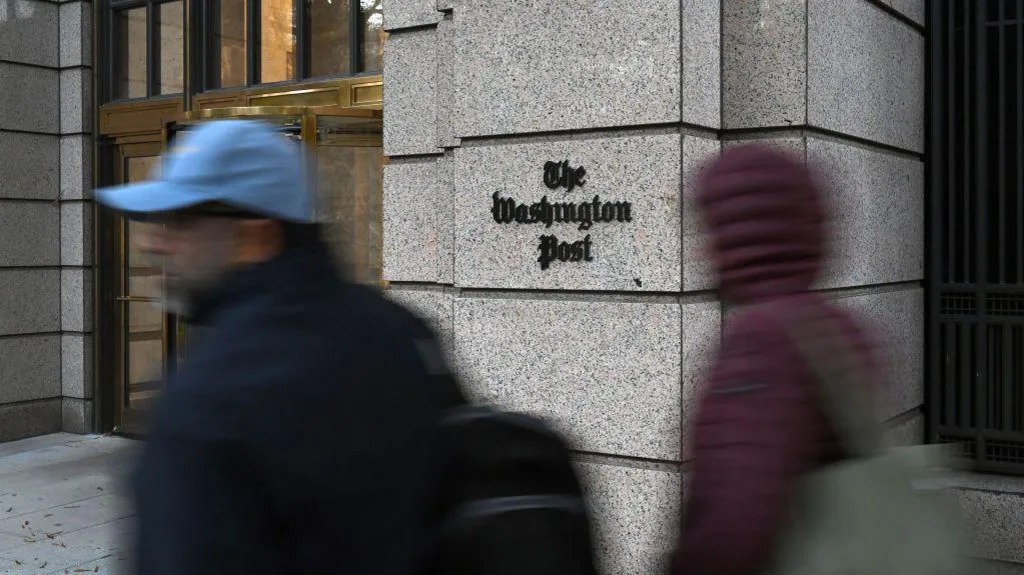
The Controversial Cartoon
Satire That Sparked a Resignation
The cartoon portrayed Bezos, Meta’s Mark Zuckerberg, OpenAI’s Sam Altman, and Disney’s Mickey Mouse kneeling and offering bags of cash to a statue of Trump. Telnaes said it criticized tech billionaires with lucrative government contracts seeking favor with the incoming administration.
Cartoon’s Context:
- Trump Connections: Bezos recently announced a $1 million donation to Trump’s inauguration fund and dined with him at Mar-a-Lago.
- Political Satire: The cartoon also included figures tied to Trump-related controversies, such as Disney’s settlement of a defamation lawsuit filed by Trump.
Washington Post’s Editorial Decision
Why the Cartoon Was Rejected
Editorial page editor David Shipley said the decision not to publish was based on avoiding repetition, not because the cartoon targeted Bezos.
Shipley’s Statement:
- Repetition Concern: “We had just published a column on the same topic and scheduled another satire for publication.”
- Editorial Judgement: Shipley denied the decision reflected undue influence from Bezos.
Ann Telnaes’ Resignation
A Protest Against Editorial Interference
Telnaes announced her resignation in a Substack post, stating that the rejection of the cartoon marked a turning point in her career at The Washington Post.
Telnaes’ Statement:
- On Freedom of Expression: “In all that time I’ve never had a cartoon killed because of who or what I chose to aim my pen at. Until now.”
- Critique of Tech Leaders: She accused tech executives of currying favor with Trump to protect their business interests.
Broader Implications
Press Freedom and Media Ownership
The controversy raises questions about the independence of editorial decisions in media organizations owned by powerful figures:
- Bezos’ Influence: Critics argue Bezos’ actions, including preventing the endorsement of Kamala Harris, undermine the paper’s integrity.
- Backlash and Subscriber Loss: The Post reportedly lost over 250,000 subscribers after Bezos’ intervention in the 2024 election.
Historical Context:
- Previous Rejections: In 2015, the Post retracted a Telnaes cartoon depicting Ted Cruz’s daughters, citing its policy to avoid targeting children.
Reactions and Industry Impact
Reactions from the Media Industry
The decision to spike Telnaes’ cartoon has drawn attention to how media outlets handle editorial independence:
- Journalist Perspectives: Critics warn that rejecting such works could harm the perception of media freedom.
- Comparative Actions: The Los Angeles Times similarly avoided endorsing Kamala Harris during the election, reflecting a broader trend among media outlets owned by billionaires.
Conclusion
A Blow to Editorial Independence?
Ann Telnaes’ resignation highlights the tension between media ownership and editorial freedom. As debates continue over the role of billionaires in shaping journalism, the controversy underscores the challenges of maintaining trust and independence in the modern media landscape.
External and Internal Links
- External Link: Learn more about media ownership and press freedom
- Internal Link: Explore challenges in modern journalism





